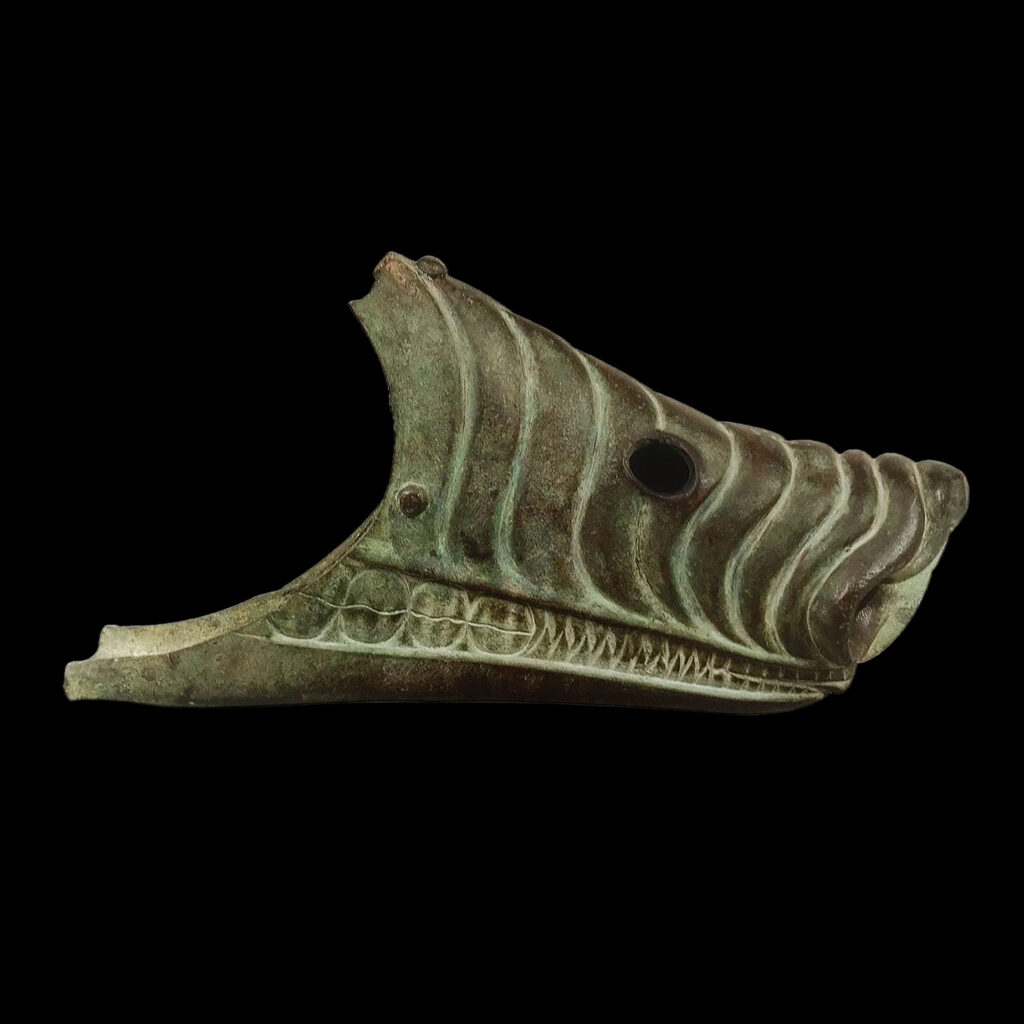After the death of Alexander, the empire was divided by his generals in four: the Seleucid kingdom (Syria, Middle East), the Ptolemaic kingdom (Egypt), the Attalic kingdom (Asia Minor) and the Antigonid kingdom (mainland Greece). The establishment of Hellenistic kingdoms spread Greek culture across a vast geographical area and made Greek language a basic tool of administration and economy.
The abolition of traditional borders facilitated trade and the circulation of ideas. Goods travelled freely and religious syncretism increased, with oriental cults spreading to the West and Greek ones to the East.
Hellenistic monarchs were authoritarian but at the same time supported arts and sciences, and sponsored public works. To this period belong some of the most important theaters of the ancient world, the earliest libraries and great sanctuaries.
Continuous conflicts among monarchs gradually weakened Hellenistic kingdoms. At the same time, the new power of Roma was arising. Within less that two centuries, Rome managed to conquer all Hellenistic kingdoms, and by 31 BC, the entire Mediterranean was under Roman control.
| 323 BC | Death of Alexander the Great |
| 323-276 BC | Period of conflicts among the successors of Alexander |
| 279 BC | Invasion of Gauls in Greece |
| 3rd c. BC | Great developments of mathematics, natural sciences and geography (Aristarchus, Archimedes, Eratosthenes, Apollonius etc.) |
| 148 BC | Macedonia under Roman control |
| 146 BC | Destruction of Carthage |
| 146 BC | Destruction of Corinth. Southern Greece under Roman control |
| 129 BC | The Attalid kingdom in Asia Minor is bequeathed to Rome |
| 64 BC | Syria under Roman control |
| 44 BC | Assassination of Julius Cesar |
| 31 BC | Naval battle of Actium. Octavian’s victory over Marcus Antonius and Cleopatra. The Ptolemaic kingdom of Egypt under Roman control |












